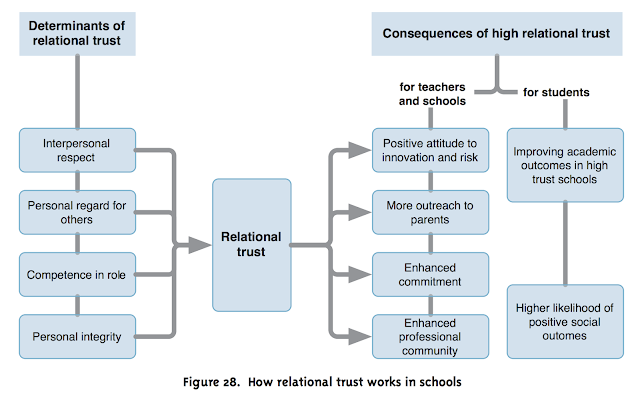Activity 1: Create a Reflective Journal
As part of a Postgraduate Certificate
Course in Applied Practice in Context through the MindLabs and Unitech, I am
required to do weekly blog entries sharing my experiences, and critiquing and
evaluating my teaching practices. My first blog entry is about me as a teacher.
I have been teaching for 6 years and with the basis of
my philosophy being:
“My classroom is a place for
learning. My students learn from me and I learn from my students. It is a place
for reciprocal learning and teaching.”
My
career started as a Year 8 teacher in a co-educational setting for my first
year. This was followed by me seeing a need for a Girls Only Class and setting
this environment up in my second year of teaching. I spent the next 4 years
perfecting my practice in an environment of young adolescent girls,
providing them with the needs they required to grow into Strong Young Woman,
which become our classroom motto. As the basis of my philosophy says, I learnt
lots from my students and really began to understand the need to build strong
relationships, not only with the students, but their whanau and community
around them. This enabled their learning journey to be positive and successful,
allowing transition to high school to run smoothly.
Thinking
back about what style of teaching I use depends on the classroom make-up.
During my years of teaching all-girls, I found myself acting as Facilitator.
This type of teaching style works best for students who are comfortable with independent learning and who can actively participate and collaborate with other students.
Teachers typically design group activities which necessitate active learning, student-to-student collaboration and problem solving. This type of teacher will often try to design learning situations and activities that require student processing and application of course content in creative and original ways.
But recently having started at a new school, I have found the students aren’t really comfortable or use to being in control of their learning and therefore, I have changed my style to Demonstrator or Personal Model.
Facilitator
Teachers who have a facilitator model teaching style tend to focus on activities. This teaching style emphasizes student-centered learning and there is much more responsibility placed on the students to take the initiative for meeting the demands of various learning tasks.This type of teaching style works best for students who are comfortable with independent learning and who can actively participate and collaborate with other students.
Teachers typically design group activities which necessitate active learning, student-to-student collaboration and problem solving. This type of teacher will often try to design learning situations and activities that require student processing and application of course content in creative and original ways.
But recently having started at a new school, I have found the students aren’t really comfortable or use to being in control of their learning and therefore, I have changed my style to Demonstrator or Personal Model.
Demonstrator or Personal Model
Teachers who have a demonstrator or personal model teaching style tend to run teacher-centered classes with an emphasis on demonstration and modeling. This type of teacher acts as a role model by demonstrating skills and processes and then as a coach/guide in helping students develop and apply these skills and knowledge.A teacher with this type of teaching style might comment: "I show my students how to properly do a task or work through a problem and then I'll help them master the task or problem solution. It's important that my students can independently solve similar problems by using and adapting demonstrated methods."
Instructors with this teaching style are interested in encouraging student participation and adapting their presentation to include various learning styles. Students are expected to take some responsibility for learning what they need to know and for asking for help when they don't understand something.
Reference:
College of Business: What is your teaching style? Colorado State University. Accessed 21/01/2016 at http://biz.colostate.edu/mti/tips/pages/WhatisYourTeachingStyle.aspx



Comments
Post a Comment